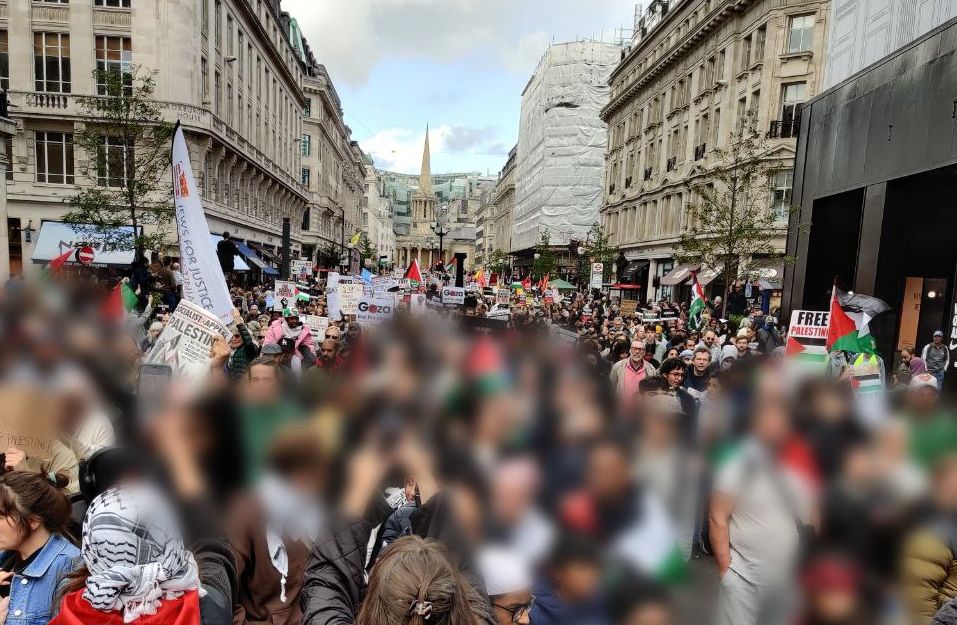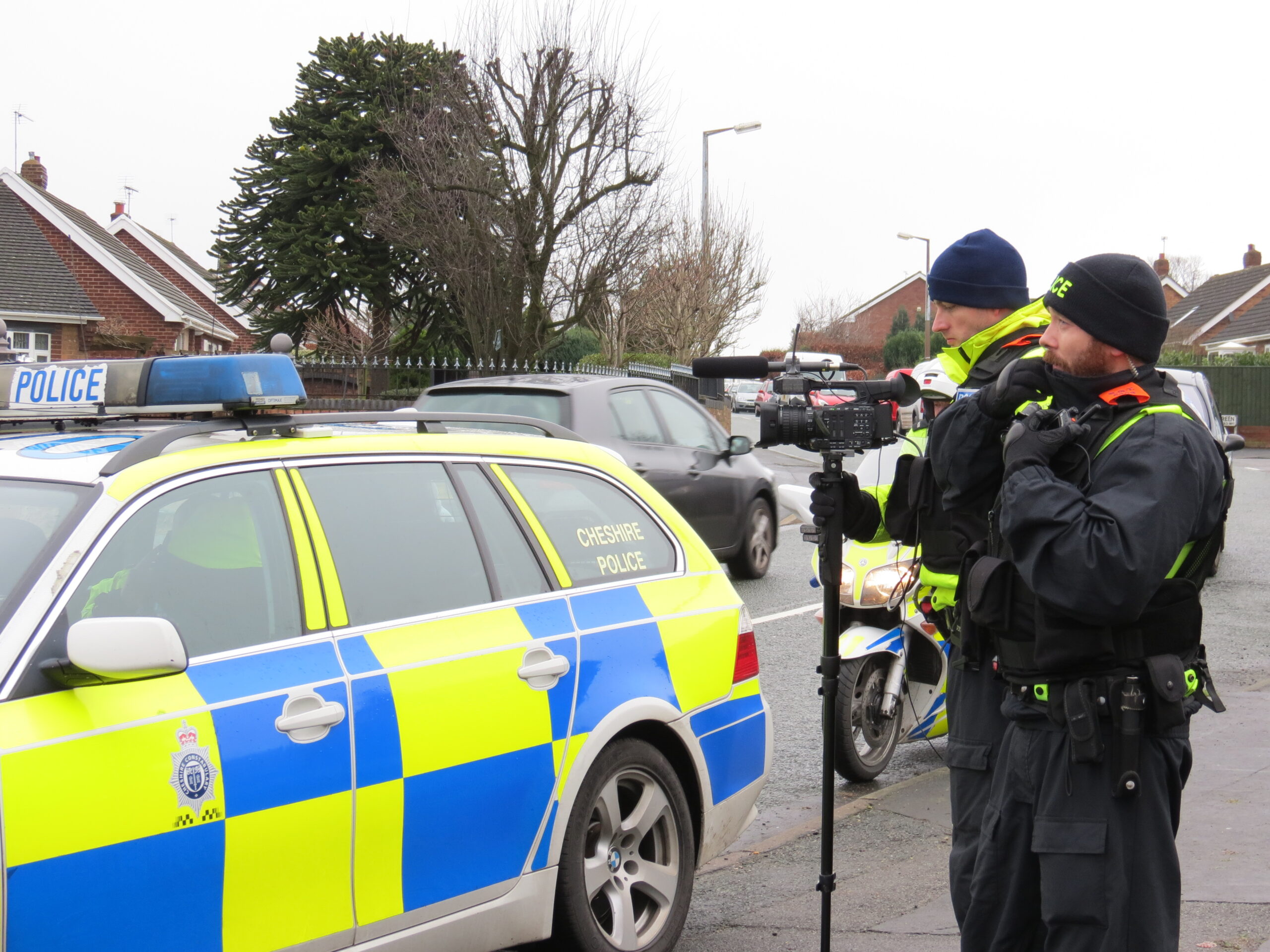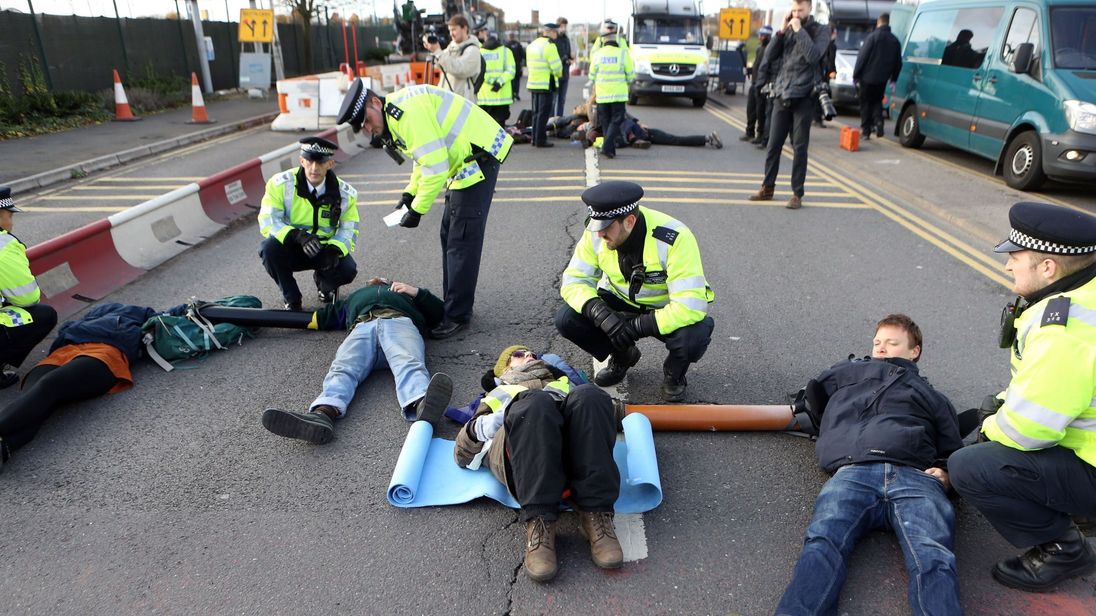Category: Organising
-

Digital Security Checklist for activists
—
Better to adopt good practices now than regret it later. Here is a non exhaustive list of simple things you can do to protect yourself. Use a private DNS server DNS is an essential service similar to a phone book which tells your device how to access resources (i.e. a website) on another computer (a…
-

Using a Windows PC? Use this simple encryption hack for extra protection.
—
By default, a Windows 10 or earlier PC is aptly named – it’s like a house with an open window. If the first prompt you see when you power your computer on is a Windows login screen, your data is totally insecure. Even if it wasn’t easy to crack the password, the data still remains completely…
-

Use a Virtual Private Network (VPN) for online privacy
—
You can’t have avoided hearing about VPNs lately. Even before the Online Safety Act 2023 put certain online content out of reach without age verification (causing a massive spike in VPN sales), companies were bombarding users with alluring claims and special offers. But what does a VPN actually offer? How do they work? What are their…
-

How can I keep my Signal messages secure?
—
Over the past decade, Signal has proven itself to be the messaging platform of choice for security concious users, and the one that we recommend. Run by a non-profit organisation, there are no instances of user data vewing leaked, stolen, stored or compromised, and the open source nature of the software means that anybody with…
-

What to do if the police show up at your meeting
—
in OrganisingIf the police are raiding your meeting There have been several incidents where the police have raided venues to pre-emptively arrest people planning protests or simply holding social events to explain their campaigning activities. Invariably this is targeted towards particular individuals but raids can also sweep up everyone. A police raid is sudden, frightening and…
-

Dealing with police surveillance at public gatherings
—
in OrganisingFinding a venue Finding an appropriate and affordable venue is often the most difficult part of organising any public event. Unfortunately, this can be even harder if the meeting or conference is related to protest or activism. Venue managers may become nervous of their venue becoming the focus of conflict, or that they may attract…
-
More secure alternative to Google Docs: CryptPad
—
in OrganisingDo you need to share meeting minutes, strategies and plans somewhere that your group can edit them easily together – but you’re worried about sharing sensitive information online? Many protest groups are using Google Docs to collaborate, but this can make it easy for police to access sensitive information. So what can you do instead?…
-

Dealing with tabloid journalists
—
in OrganisingThe hallmark of sensationalist tabloid reporting is generating fear and outrage, invariably in defence of deeply partisan, reactionary politics. Campaigners who use direct action and civil disobedience tactics are often seen as a target for this kind of “journalism”. In particular, reporters have turned up at meetings or attended online discussions looking for gossip and…
-

Use a Virtual Private Network (VPN) for online privacy
—
in OrganisingTech advice remains current for a short time. This article was changed to our newer VPN guide in December 2025. When and why should you use a VPN When you don’t use a VPN your Internet Service Provider (ISP the company or institution providing your connection) can see the links you are accessing, though they…
-

Planning protests involving direct action or civil disobedience
—
in OrganisingUse the process of managing low/medium/high risks as the basis for planning your action if there is a prospect of arrests, media attention or police surveillance. As members of your campaign or group, consider together: Divide up responsibilities Every decision need not involve everyone – so divide up your planning and organising into separate teams:…
